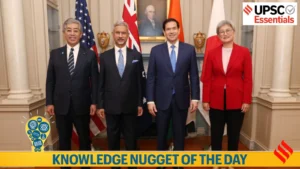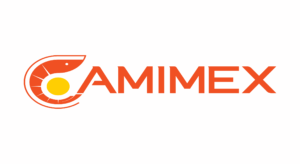According to MiningWeekly, Australian Minister for Resources Madeleine King announced the inclusion of nickel in the critical minerals list, offering beleaguered mining companies the opportunity to vie for billions of Australian dollars in government funding.
The Australian Minister for Resources has the authority to review and temporarily modify the critical minerals list at any time in response to significant changes in technology, trade, domestic capacity, or geopolitical situations.
Since the Australian government updated the critical minerals list on December 16, 2023, six nickel producers have announced production cuts or maintenance shutdowns. The decision to include nickel means companies can access funds from the AU$4 billion critical minerals fund or related assistance programs.
Madeleine King stated that the nickel industry faces significant structural challenges that cannot be solved overnight.
“International nickel prices are expected to remain relatively low in 2024, with a surplus expected for several years until the market rebalances,” she said.
The Association of Mining & Exploration Companies (AMEC) welcomed the move, having long called for nickel to be included in the critical minerals list.
AMEC President Warren Pearce believes that “including nickel in the critical minerals list is significant, indicating the federal government’s intention to provide financial support to a severely impacted industry.”
Currently, the Australian nickel industry faces risks from an oversupply of nickel overseas, falling international nickel prices, and the loss of thousands of jobs domestically.
“Clearly, no single government measure can make an immediate impact, but government intervention is certainly needed.”
Madeleine King announced the decision during a radio interview in Perth on the morning of the 16th, with Western Australian Premier Roger Cook hinting at more measures to come.
“We have room for maneuver in terms of royalty relief and rebates, and we are considering all possible measures to support the industry,” Cook said.
Pearce added, “It’s encouraging to see state and federal governments working together to provide specific support for operating and maintenance-shutdown mines.”
AMEC also welcomed recent comments by Australian Prime Minister Anthony Albanese about an upcoming package of measures partly in response to the US Inflation Reduction Act.
“Much can and needs to be done. AMEC and its member companies have been advocating for the implementation of a Production Tax Credit (PTC), which offers a 10% tax offset to downstream material producers, reducing production costs for Australian projects at a competitive disadvantage.”
“The PTC is a big idea that can send a strong signal to support the industry, investors, and global markets.”
“A strong critical minerals industry is a pillar of the global energy transition. Including nickel in the critical minerals list is an important first step, and we look forward to more measures to ensure Australia’s global competitiveness,” Pearce said.
Meanwhile, the Chamber of Minerals & Energy of Western Australia (CME) announced that while listing nickel as a critical mineral is a positive step, more actions are needed. CME President Rebecca Tomkinson said including nickel, bauxite/alumina, zinc, copper, and molybdenum as critical minerals was a key part of the association’s suggestion for last year’s critical minerals list adjustment.
“However, state and federal governments still need to create an environment for the resilient and competitive development of the critical minerals industry.”
“For a long time, we have been calling for various measures, such as unlocking industrial land, investing in productive infrastructure, and creating a competitive financial environment.”
Tomkinson suggested that the government now needs to continue considering other important recommendations from CME and the industry, such as efficiency, timeliness, and transparency in regulatory approvals.
She added that measures to alleviate construction and operational costs, such as financial assistance or production tax offsets, could support the industry in providing high-quality, ESG-compliant resources needed for the global energy transition.
[Source – 上海有色网] 澳大利亚将镍列入关键矿产目录 https://news.smm.cn/news/102621225





